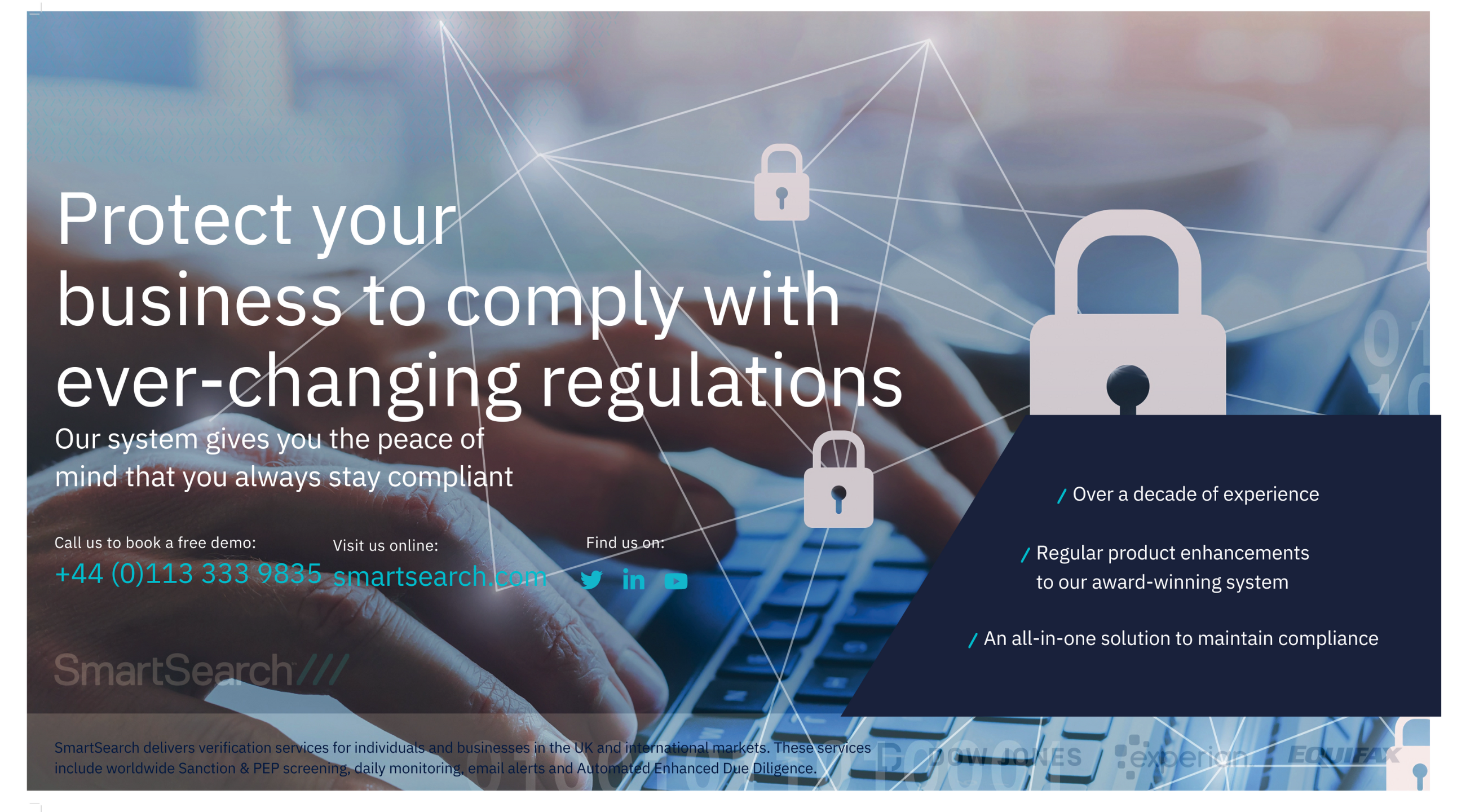
Founder of TheBoardroom Africa, Eisenhower and Tutu fellow, and named one of the 100 most influential Africans, Marcia Ashong-Sam talks to Lysanne Currie about governance, growth and fuelling change
“I’m Fante, which is a matrilineal tribe,” Marcia Ashong-Sam says. Matrilineality, she explains, means tracing one’s kingship through the female line and not the male. “I grew up surrounded by incredibly powerful women.” One of those women was her grandmother, whom she describes as a huge presence: “Unlike many women of her time, she was a businesswoman and travelled the world trading. I had a first-hand view of this, and of my grandfather being in a supportive role.”
Ashong-Sam’s early learnings came from both the cultural setting and her family dynamic. “We are a paramount family, part of a chieftaincy system,” she says. “It’s a strange dynamic in that although we’re matrilineal, women cannot be chiefs, but they have a huge influence on who becomes a chief – with the most powerful being kingmakers. This contradiction is very much a persistent feature of Akan [the Fante people’s wider ethnic group] society.”
It’s an interesting backdrop for the founder of TheBoardroom Africa (TBrA), a business launched in 2016, dedicated to promoting diverse leadership talent to board and executive positions across Africa and the globe, and which is now, in its own words, “a continent-wide movement for change”.
Today, TBrA’s membership comes from both the African continent and its diaspora. The organisation is focused on “building better boardrooms and more inclusive leadership spaces, enhancing and amplifying the potential of Africa's exceptional leaders”. TBrA does this in two ways: connecting businesses with talent and working with leaders, especially women, and equipping them with the resources they need as they navigate their leadership journeys.
Exploration
Ashong-Sam’s own journey to becoming one of Africa’s leading change-makers has been a global experience. Brought up between Ghana and the UK, she moved to the US at 17 to join her father. “The US is where I really started to find myself and discover my passions,” she says. “The educational setting really allowed me to be exploratory.”
She has degrees in international politics, law, and energy, law and policy from the Universities of Minnesota, Exeter and Dundee respectively. While human rights law was her passion, the energy sector was calling her as Ghana had just made a major oil and gas discovery. “I wanted to be part of this changing narrative around Africa’s use of energy and fossil fuels,” she says. “I wanted to be one of those telling a different narrative about having resource wealth and how that translates into development and effective governance.”
Following her studies, she worked for multinational oil companies, where she “experienced the world of ‘dog eat dog’”, she says. “‘Keep climbing, take no prisoners!’ It was a very male-dominated environment – lots of technical and high-powered individuals – and there was very little introspection in terms of how this industry was going to help change the world. I started to question [the absence of women]. This increasingly became an area I was very interested in: what was stopping women from accessing the highest levels of leadership?”
She worked in Accra, London, Cape Town, Houston, Louisiana, Dubai and, finally, in Abidjan, in Cote d’Ivoire, as Country Manager for one of the largest oil service companies. “I had to take stock of whether I wanted to continue in this industry,” she says. “There were, of course, external factors – oil prices dipped, and a lot of the strategic projects around diversity were quickly dropped because, you know, ‘We’re now in crisis mode, trying to save cost.’”
So Ashong-Sam opted to pursue her own passions: “Diversity being one, but also advancing African women in leadership more specifically and thinking about what that means in the broader context of governance.”
Minding the gap
The idea for TBrA was fuelled by her own experience. “I saw how systems were guiding women away from being part of the decision making. I saw how difficult it was to keep going at the rate I was without being pushed down by the patriarchal setting. There was a constant need to always have allies, to work harder than everybody else.
“When I see a gap in the social fabric, I want to do something about it. But I wanted to come from a business-case perspective… to being a really practical solution for business, merging the traditional advocacy approach with the need for business to maximise profits. Add to that the importance of creating access to opportunity and how we continue to give women the resources they need to build their leadership capacity. It was important that TBrA took a multi-pronged approach.”
Eight years on and TBrA has more than 3,000 members and has helped to place more than 100 women on boards. Its offerings include a talent marketplace connecting businesses with diverse leaders, professional development support, thought leadership services and executive programmes on various aspects of governance, risk and sustainability.
Ashong-Sam is passionate about the G in ESG (environmental, social, governance) and its role in shaping society and business impact.
Education
Studied international relations and political science at Minnesota University and law at Exeter and earned a master’s in energy, law and policy at Dundee
2010
Becomes Research Coordinator & Advisor, Extractive Industries Technical, at the World Bank; Joins Haliburton as Proposal Analyst
2012
Moves to Baker Hughes as Manager of Business Development & Government Relations, rising to Country Director for Cote d’Ivoire
2016
Founds TheBoardroom Africa, becoming CEO; founds the Brace Energy Group
2019
Joins Strategic Advisory Group of Ghana International School; made a Fellow at Archbishop Desmond Tutu Leadership, African Leadership Institute; voted one of the 100 Most Influential Africans by New African Magazine
2020
Appointed to Advisory Committee of Mastercard Foundation
2022
Made Eisenhower Fellow, Philadelphia; named among 100 Most Influential People of African Descent Under 40 by the UN’s MIPAD
2023
Invited to be a Fellow at Black Women in Executive Leadership

“One of our ESG lecturers strongly believes that governance is the foundation and driver of good E and S implementation. I fundamentally agree. If you don’t have good governance frameworks, the environmental and social considerations cannot be effectively integrated into decision-making processes.
“Governance more broadly needs to be adopted as an effective tool to enhance the way organisations are managed. Often with a new company, governance is almost the last thing you want to address. It’s a nuisance and it stops you in your tracks when you want to make quick decisions and be agile. So governance can be seen as a bottleneck. But when you miss that out completely, you’ll head towards a brick wall when it matters most – in a growth stage.
“As an entrepreneur, good governance gives me reassurance: I go to bed at night knowing that I have people on board who are helping me steer the organisation and see my blind spots. Governance gives you the resource to not only manage crises as they come up, but also to manage risks.”
“If you’re an investor and you’re not thinking about Africa, that’s at your own peril, because this is where the growth is”
The next stage of TBrA’s evolution is an investment fund, due to launch later this year. The timing couldn’t be better – Africa is ripe for growth. Over the next 25 years, Africa’s population is set to almost double from its current estimate of 1.48 billion to 2.5 billion: by 2050, one in four people on the planet will be African, according to UN projections.
At a time when many European, North American and Asian nations are grappling with falling birth rates and ageing populations, the median age in Africa is just 19 (in Europe and North America, that figure is 48; globally, it’s 30), meaning that within the next decade the continent will have the world’s largest workforce.
“If you think about the role Africa will play in the coming decades, it has one of the youngest populations in the world, plus growing agriculture and tech industries,” says Ashong-Sam. “All the natural resources – oil, gas, minerals, energy, you name it – are here.”
Connected
The digital revolution is currently transforming the continent. Smartphone penetration is huge and AI could be another game-changer. Last year saw Africa and the Middle East spend $3bn (£2.4bn) on AI, while the continent is rich in most of the raw metals and minerals needed for electric cars, with the Congo region being home to 70% of the world’s cobalt and South Africa holding around 80% of its platinum. Yet, people are still nervous about investing in Africa.
“It used to really frustrate me,” says Ashong-Sam, “but now my view is about potential. If you’re an investor and you’re not thinking about Africa, that’s at your own peril, because this is where the growth is. The continent has come so far – the change, the technology and the hope that the young people have for the future. Technology has transformed the way that we not only learn but also engage with each other. Africa has a lot of untapped opportunities, and if you’re trying to play a global role and Africa is not on your radar, then you’re missing out.
“But then on the flip side, African leaders have to do a better job in helping the world see these opportunities and creating an enabling environment for the growth to really take foot earlier rather than later.
“I want to see African leaders think more long term. Leadership is not necessarily about how you lead today, it’s about the systems, processes, human capital and everything else that you put in place so that when you’re not there, your legacy thrives. But that’s also a global issue.”
And possibly another issue that could be solved by stringent and very good governance.
Visit our leadership hub for more resources






